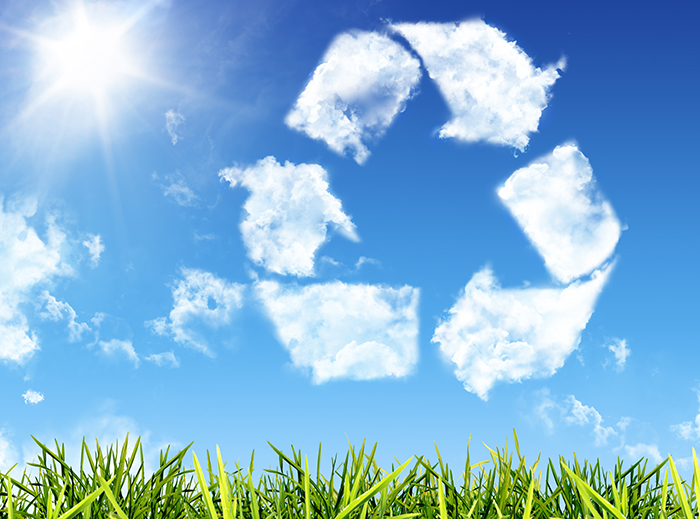Inhaler recycling scheme is set to expand
In Interviews
Follow this topic
Bookmark
Record learning outcomes
With environmentalists warning that the earth is warming up at a rate that is approaching disastrous a tipping point, measures to protect the environment – to reduce waste and encourage recycling – remain top of the agenda.

Reducing waste and recycling are key issues for many industries and businesses that are keen to make a difference and demonstrate their corporate social responsibility credentials.
In the pharmacy sector, one project that stands out is GSK’s ‘Complete the Cycle’ asthma inhaler recycling scheme, established by the pharmaceutical company five years ago.
The first five years of the scheme was recently marked by activities including a giant 12ft inhaler displayed at London Victoria and Manchester stations – to attract the attention of the public, and inhaler users, as they walked by. “There was a queue of people lining up to talk to us – they’d put their inhaler up in front of the giant inhaler and take a selfie!” says Stephen Craggs, director, retail and hospital operations at GSK.
To take part in the scheme, community pharmacies simply collect the inhalers from patients – of all brands. Collection and recycling is funded by GSK, and this is part of the company’s commitment to reducing the impact on the environment.
Day Lewis pharmacy group, for example, has been involved in the scheme for three years. Head of pharmacy Tim Rendell says it’s one part of the company’s recycling policy. “It’s good for the environment and it fulfills our CSR policy and shows we care. Patients on inhalers bring back their old inhalers and once a container is full we send it off for recycling.”
Day Lewis staff explain to patients that the pharmacy is a collection point and encourage them to be involved. Pleasingly, most patients see the positives of the scheme, says Mr Rendell, and it helps to attract people back to the pharmacy.
Some MDIs are returned ‘half-full’, giving pharmacies the opportunity to discuss medicines use and inhaler technique with patients.
A specialist recycling company separates and recycles the component parts of the inhalers, including any remaining propellant. The recycled and reused plastic and aluminium is repurposed in new products such as plastic bottles, car parts and garden furniture.
Over 73 million asthma inhalers are used in the UK each year. Mr Craggs says that inhalers would otherwise be destined for landfill if the scheme were not in place.
“From a GSK perspective, this isn’t about commercial gain. We manufacture medicines and we want patients to benefit from those medicines and make people well, but we want to do it in an environmentally safe way,” he says. “Dumping old inhalers in landfill is clearly not good.”
“We’ve recycled nearly a million inhalers since we’ve started, and that equates to nearly 600,600 tons of carbon emissions – which I think is impressive and it’s something that we are really proud of as a team.”
If every inhaler user in the UK returned all their inhalers for one year, we would save 511,330 tonnes of CO2 equivalent, he says – the equivalent to a 1.4 TDI family car driving around the world 88,606 times.
“In a world where recycling is part of our daily lives, why would you exclude inhalers?” comments Mr Craggs. “One of the things that we are really proud of in GSK is doing the right thing. This just one of a series of activities that GSK is doing that will enable our goal of carbon neutrality to be achieved.”
Complete the Cycle...
Nearly one million inhalers had been recycled through the Complete the Cycle scheme at September 2016, says GSK.
Plans are being discussed for more major national UK pharmacy chains to get involved in the scheme in 2017, says the company, which would dramatically increase these figures. Some Clinical Commissioning Groups are also interested in having inhaler recycling available in local pharmacies.
The scheme is a key goal of GSK – a multinational company that operates in 150 countries – to be carbon neutral by 2050.
